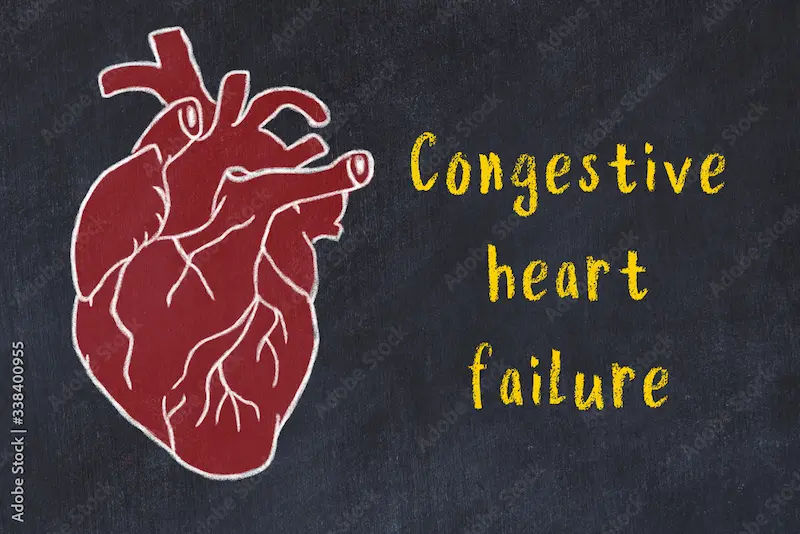- Male
- 36 Years
- 22/01/2025
I'm a bit worried after getting some tests done. I had an ECG yesterday due to some mild chest pain, and it showed abnormal inferolateral ischemia. Then I went through a TMT, and it came out borderline positive for inducible myocardial ischemia at 10.1 Mts. Can you help me understand what all of this means? Is it something I need to be really concerned about?
Answered by 1 Apollo Doctors
Based on the findings of infrolateral ischemia on the ECG and borderline positive result on the TMT for myocardial ischemia, I recommend starting treatment with Aspirin 75mg once daily to prevent blood clot formation and reduce the risk of heart attack. Additionally, you can take Atorvastatin 20mg once daily to lower cholesterol levels and reduce the risk of further heart issues. It is important to follow up with a cardiologist for further evaluation and management.
Dr. Dhankecha Suggests...
Consult a Cardiologist
Answered 04/07/2025
0
0

More Cardiology Health Queries
View allI've noticed lately that my heart starts pounding really hard, like when I get up from sitting down. Also, I've been dealing with some acidity and constipation issues. My doctor prescribed me rabeprazole, but my ECG showed a heart rate of 112, which seems quite high. Could you help me figure out what's going on with this high heart rate?
it can be due to Hyperthyroidism Anemia Lung disease High blood pressure Heart disease Heart failure Cardiomyopathy
Answered by 1 Apollo Doctors
I've been experiencing this strange feeling in my heart lately. Its like a drop or a rush of adrenaline, and it's been happening more often. When it does, it really scares me. It's almost like my heart skips a beat or slows down. What could be going on?
Advised an ecg and cardiac markers..
Answered by 1 Apollo Doctors
I'm really worried because my dad had a heart attack yesterday. After he got an injection, he seemed better, but today, we went to another hospital for an angiogram. They found two blockages that are over 80% and now theyre saying he needs angioplasty. I'm really wondering, what happens if we dont go through with the angioplasty? Are there other options we could consider? And is there any way we can try to clear the blockages naturally from home?
If the blockages in the coronary arteries are more than 80%, it is crucial to address them to prevent further complications such as another heart attack or even death. If angioplasty is not performed, the blockages can lead to reduced blood flow to the heart muscle, causing chest pain (angina), shortness of breath, and in severe cases, a heart attack. The main alternative to angioplasty for severe blockages is coronary artery bypass grafting (CABG) surgery, where a healthy blood vessel is used to bypass the blocked artery. However, the decision between angioplasty and CABG depends on various factors and should be discussed with the treating cardiologist. As for natural ways to remove blockages at home, it is important to note that while lifestyle changes such as a healthy diet, regular exercise, and not smoking can help prevent further blockages, they may not remove existing severe blockages. It is always best to follow the medical advice of your healthcare provider for the most appropriate treatment in this situation.
Answered by 1 Apollo Doctors
Disclaimer: Answers on Apollo 247 are not intended to replace your doctor advice. Always seek help of a professional doctor in case of an medical emergency or ailment.





